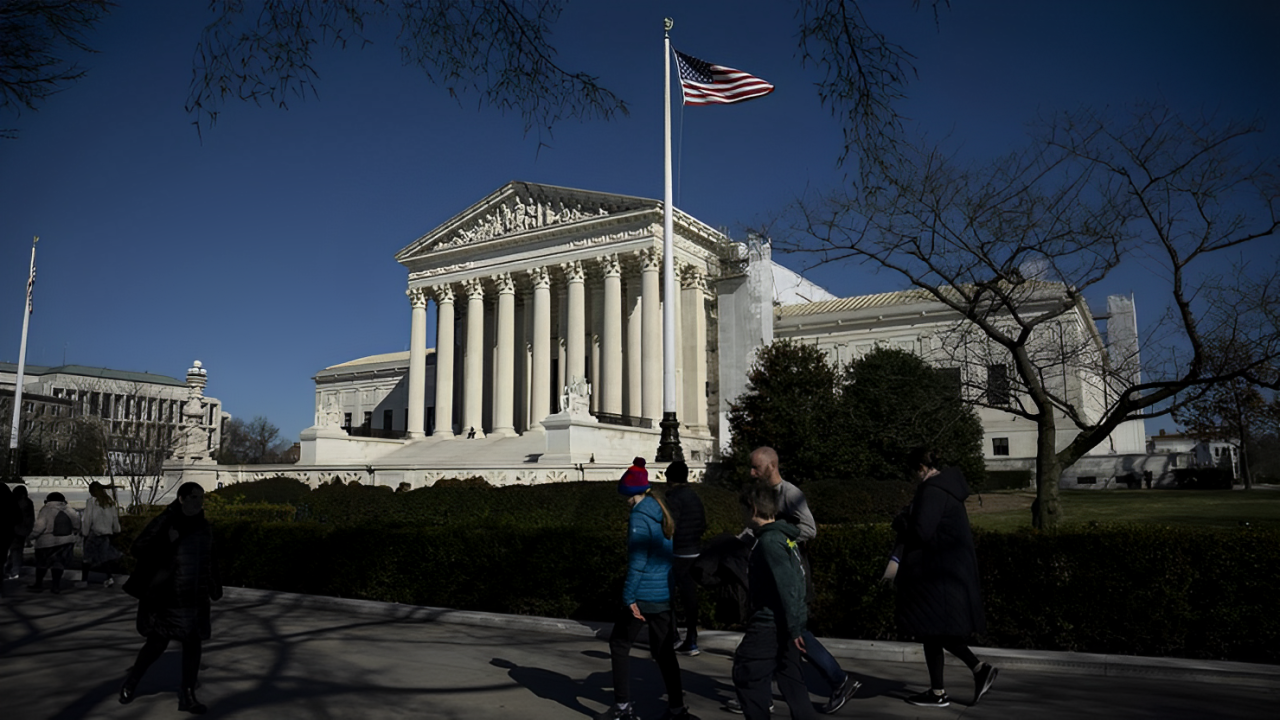In a pivotal move set to redefine the boundaries of digital privacy, the Supreme Court is preparing to hear a case that could have far-reaching implications for how personal data is protected in the digital age. This case centres on the extent to which law enforcement agencies can access individuals’ digital information without a warrant, challenging existing interpretations of the Fourth Amendment.
Digital Privacy on Trial: Supreme Court to Decide on Warrantless Data Access
The case in question, Carpenter v. United States, originated when law enforcement officials obtained Timothy Carpenter’s cell phone location data without a warrant, linking him to a series of robberies. The authorities acquired 127 days’ worth of Carpenter’s cell-site location information (CSLI) from his wireless carriers, which was used to convict him. Carpenter’s defence argues that accessing this data without a warrant violates the Fourth Amendment’s protection against unreasonable searches and seizures.
The Fourth Amendment and Digital Privacy
The Fourth Amendment safeguards citizens from unreasonable searches and seizures, traditionally requiring law enforcement to obtain a warrant based on probable cause before conducting a search. However, the advent of digital technology has complicated this framework.
In previous rulings, such as Smith v. Maryland (1979), the Court held that individuals have no reasonable expectation of privacy for information voluntarily given to third parties as phone numbers dialled. This “third-party doctrine” has been used to justify warrantless access to various types of digital data.
The Carpenter Case: A Turning Point
In Carpenter v. United States, the defence contends that CSLI is fundamentally different from the types of information considered in earlier cases. They argue that CSLI provides an intimate window into a person’s life, revealing detailed patterns of movement and, by extension, personal associations and activities. Therefore, accessing such information without a warrant constitutes an unreasonable search.
The government, on the other hand, maintains that individuals have no reasonable expectation of privacy for CSLI because it is information voluntarily shared with third-party service providers. They argue that obtaining such data without a warrant is essential for effective law enforcement.
Implications of the Decision
A ruling in favour of Carpenter could significantly alter the landscape of digital privacy rights. It would establish a precedent requiring law enforcement to obtain warrants before accessing various types of digital data, including location information, potentially extending to other sensitive data held by third parties. This would enhance privacy protections for individuals in the digital age.
Conversely, a ruling in favour of the government could reaffirm the third-party doctrine, allowing law enforcement continued warrantless access to certain types of digital information. This could have implications for various forms of data, from internet browsing histories to smart home device records.
Broader Context and Related Cases
The Supreme Court has previously addressed issues at the intersection of technology and privacy. In Riley v. California (2014), the Court unanimously held that police must obtain a warrant before searching digital information on a cell phone seized during an arrest, recognizing the vast amount of personal data stored on modern devices.
Additionally, in United States v. Jones (2012), the Court ruled that installing a GPS device on a vehicle and using it to monitor movements constitutes a search under the Fourth Amendment. These cases reflect the Court’s growing recognition of the need to adapt constitutional protections to the realities of digital technology.
Public and Legal Community Reactions
Privacy advocates argue that requiring warrants for access to digital data is essential to protect individual freedoms in an era where personal information is routinely collected and stored by third parties. The American Civil Liberties Union (ACLU), representing Carpenter, emphasizes that allowing warrantless access to CSLI would enable “a detailed and comprehensive record of a person’s movements,” posing a significant threat to privacy.
Law enforcement agencies, however, caution that imposing warrant requirements could hinder criminal investigations, making it more difficult to obtain critical evidence in a timely manner. They argue that CSLI is a valuable tool for tracking suspects and solving crimes, and that existing legal frameworks provide sufficient safeguards against abuse.
Looking Ahead
As the Supreme Court prepares to hear arguments in this landmark case, the nation watches closely. The decision has the potential to redefine the balance between privacy rights and law enforcement needs in the digital age. Regardless of the outcome, the case underscores the pressing need to revisit and possibly revise legal doctrines to keep pace with rapidly evolving technologies.
Conclusion
The Supreme Court’s ruling in Carpenter v. United States will be a defining moment in the ongoing debate over digital privacy. It will either reinforce existing doctrines that permit warrantless access to certain types of digital information or establish new precedents that strengthen privacy protections in the digital era. As technology continues to evolve, so too must our interpretations of constitutional rights, ensuring that fundamental freedoms are preserved in the face of changing realities.
Disclaimer: This article has been meticulously fact-checked by our team to ensure accuracy and uphold transparency. We strive to deliver trustworthy and dependable content to our readers.








